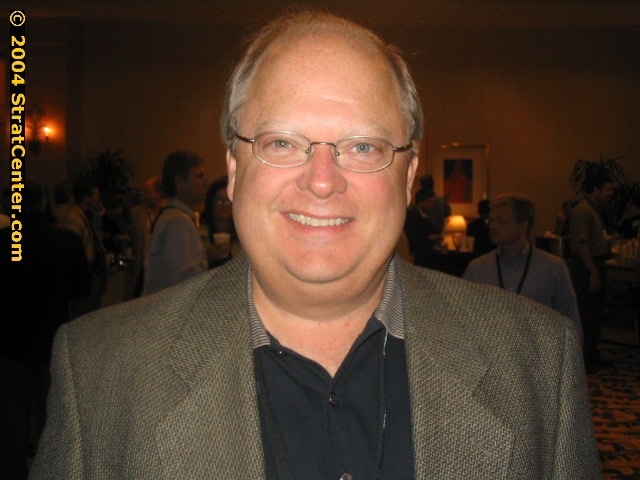I am sorry to hear that the result was not exactly we all hoped for. They BCG can cure 70% of CIS and 60% of papillary type carcinoma.
I do not know exactly what high grade urothelial with early papillary formation means. It sounds like TaHG rather than T1HG.
In general, if a recurrence with high risk tumor happens during BCG treatment, it is classified as BCG Unresponsive. Since the recurrence is HG, I assume cystectomy and bladder preservation strategies will be discussed.
FDA approved treatment for BCG Unresponsive
VALSTGAR (R) - valrubicin. It is intravesical chemotherapy which was approved 20 years ago for BCG Unresponsive particularly for CIS. The efficacy is not that great, so it is not offered if alternatives exist..
Keytruda(R) - Pembrolizumab immunotherapy - systemic treatment. Keytruda was the first drug approved for BCG Unresponsive since AUA/FDA came up with the terminology BCG Unresponsive, which is defined as High Risk NMIBC recurrence after at least 5 weeks induction and a 2 weeks maintenance BCG treatment. Efficacy was about 20% complete response rate at 24 months, but it has shown durability among those who responded to the treatment. The durability was shown also for immunotherapy for advanced bladder cancer too. But, academic hospitals tend to choose other treatment for BCG Unresponsive because Keytruda is very expensive, and with systemic side effects for not so impressive effectiveness.
Gemcitabine/Docetaxel intravesical chemotherapy
Gemcitabine and Docetaxel are generic cancer chemotherapy so might not have required FDA approval. It is less expensive but it will require about 3 hours hospital stay. Gemcitabine is instilled first and held for 1-1.5 hours and voided, then Docetaxel is instilled to bladder and held for 1-1.5 hour and voided. The efficacy is much better than Keytruda and side effects are usually local like BCG. But, mechanism of killing tumors is different from BCG. BCG invokes immune response from innate and adopted immune cells, and those immune cells kill BCG. GEM+DOC chemo agents will go inside cells and prevents cell division at different phase of cell cycle, and lead to cell death. BCG caused Rheumatoid Arthritis because T-cells which were activated by BCG were attacking normal cells in joints. GEM+DOC will not cause such immune reaction, so it is a good candidate as the next treatment.
BCG+Interferon alpha-2b not available now
Interferon is natural immune related hormone our body produces which has antitumor activity. When a cell in our body is infected, the cell produces interferon, healthy cells near by have receptor for interferon. Once healthy cell detect interferon, invokes natural killer cells (NK cells) and the cell is killed by NK cells. This prevents purification of infection. Interferon alpha-2b was produced by MERCK and marketed as Intron-A and was used for various diseases such as Heptitis, Leukeminam, and later used with BCG for treatment of NMIBC.
But, Merck had withdrawn from Intron-A business and BCG+Interferon alha-2b became unavailable also for the treatment of NMIBC.
ADSTILADRIN Nadofaragene Foradempvec (rad-IFNa/SYN3)
I don't know why they use such genetic name, Anyway, ADSTILADRIN was just approved by FDA for BCG Unresponsive. It is intravesical treatment. It uses common virus such as cold , herpes as vehicle to deliver drug to cancer cells. Toxins which cause cold herpes are removed by genetic engineeringly and the virus will infect cancer cells but not healthy cells ( I have not figured out yet how they can design the virus so it infects cancer cells preferentially). Also, a gene, which is translated to Interferon alpha-2b is inserted to the virus. So, when the virus reaches cancer cell, our body produces interferon alha-2b, which will invoke immune response which will kill the cancer cell. Because interferon alpha-2b invokes innate immune response, such as NK cells Not T-cells, the treatment should not cause autoimmune disease. As matter of fact, the clinical trial did not see autoimmune disease as side effects. So, this can be a candidate also.
Drugs on clinical trial phase
BCG + Immunotherapy (Keytruda)
MERCK started this clinical trial as Immunotherapy itself was not that effective and wanted to improve the effectiveness. The problem is that BCG is full dose of Merck Tice BCG. Since you have experienced severe reaction, it may not be suitable treatment for you.
BCG + immune cell activating IL15 (by Immunity Bio) - N803
This is intravesical treatment. IL 15 stimulate and activate NK cells. Just like cancer cells evolved to evade immune responses by T-cells in order to survive, cancer cells also evolved to evade immune responses by natural killer cells (NK-cells). N803 will activate such NK cells so NK cells kill cancer cells. NK803 alone turned out to be not so effective but NK803 + BCG was effective in clinical trial. N803+BCG is expected to be approved this spring. The complete response rate of CIS with or without Ta/T1HG was 71% with a median duration of 26.6 months, which is much better Keytruda alone. This treatment also uses BCG, so it may not be applicable in your situation.
Oncolytic adenovirus (CG0070) is oncolytic virus. (Phase 3) clinical trial
Similar to ADSTLILADRIN, it is virus with toxins removed. It infects cancer cells but not normal cells. BCG on the other hand infect cancer cells as well as normal cell. GC0070 contains cancer specific promoter and destroys cells though their defective retinoblastoma (Rb) pathway. Rb is tumor suppressor gene and it is found often in mutated form in advanced bladder cancer. As HG NMIBC and advance bladder cancer, e.g. MIBC, share similar gene mutations including Rb and P53.
There are more treatment which are in clinical trials, so it is a big task to your urologist/oncologist which treatment will be best suited for you.
 Topic Author
Topic Author
 Topic Author
Topic Author
 Topic Author
Topic Author
